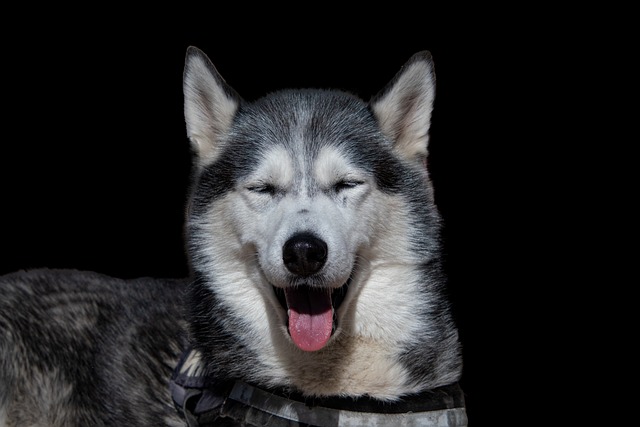
toxocara canis symptoms in dogs
Toxocara canis, a common intestinal parasite in dogs, often flies under the radar until symptoms start to show—and by then, it might have already caused discomfort or worse.
When we welcome a 9 month old puppy home with joy, its lively and cute appearance is like a warm light that illuminates our lives. We take good care of it and hope that it will grow up healthy and happy. However, there are many hidden health risks on the road of dog growth, and parvovirus is one of them that is worrying. So, can a 9 month old puppy get parvovirus? The answer is yes. Puppies in this period are still at risk of infection and need our special attention.
Although the immune system of 9 month old puppies has developed to a certain extent compared to younger puppies, it is still not fully mature. Their bodies are trying to build a defense against diseases, but they are not enough to cope with all challenges. Parvovirus, the full name of which is canine parvovirus (CPV), is an extremely tenacious and highly contagious pathogen. It can survive in the environment for a long time and may remain infectious for months or even years. Once puppies come into contact with an environment contaminated by parvovirus, it is like stepping into a minefield full of dangers.
In daily life, puppies can be infected with parvovirus in various ways. They may inadvertently come into contact with feces left by dogs infected with parvovirus when they are outdoors. Dogs are naturally sensitive to smells and like to use their noses to explore the world around them. When they sniff these feces containing viruses, the viruses may enter the body through the mouth and nasal cavity. Even on the seemingly clean lawn of the park, there may be traces of the virus. Or, if puppies use contaminated food bowls and water bowls, the virus will take the opportunity to invade their bodies. For example, in some places where dogs are densely populated, such as pet parks and pet foster centers, if the hygiene management is not in place, a dog infected with parvovirus leaves the virus in these places, and other puppies are easily infected.
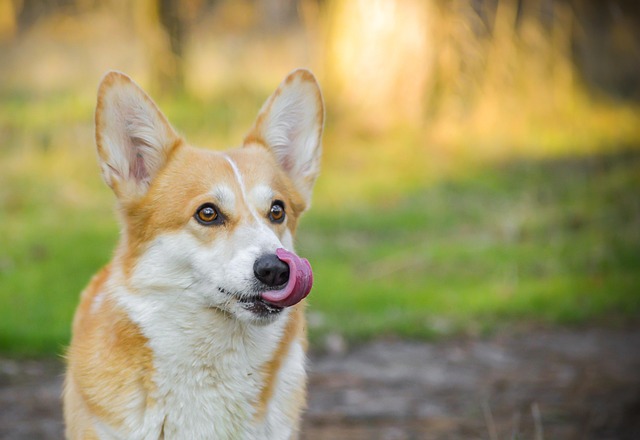 Parvovirus mainly attacks the rapidly dividing cells of puppies, especially intestinal epithelial cells and hematopoietic cells in the bone marrow. When the virus invades the puppies, it will rapidly multiply in the intestines and destroy the integrity of the intestinal mucosa. This is like an enemy breaking through the body's defenses, causing a large amount of bacteria and toxins in the intestines to be released, causing a series of serious symptoms. Puppies will vomit violently, and the food they eat will be vomited out before it can be digested. Diarrhea is also a common symptom, and the excrement is often in a jet-like shape with a strong fishy smell. This is because the intestinal mucosa is damaged and cannot absorb water and nutrients normally, leading to intestinal dysfunction. Continuous vomiting and diarrhea will cause puppies to quickly become dehydrated, the electrolyte balance in the body will be broken, and the body will fall into an extremely weak state. The originally lively and active puppies will become listless, their eyes will be dull, and they will lose interest in the toys and games they usually like. They will curl up in the corner all day and endure the pain of illness.
Parvovirus mainly attacks the rapidly dividing cells of puppies, especially intestinal epithelial cells and hematopoietic cells in the bone marrow. When the virus invades the puppies, it will rapidly multiply in the intestines and destroy the integrity of the intestinal mucosa. This is like an enemy breaking through the body's defenses, causing a large amount of bacteria and toxins in the intestines to be released, causing a series of serious symptoms. Puppies will vomit violently, and the food they eat will be vomited out before it can be digested. Diarrhea is also a common symptom, and the excrement is often in a jet-like shape with a strong fishy smell. This is because the intestinal mucosa is damaged and cannot absorb water and nutrients normally, leading to intestinal dysfunction. Continuous vomiting and diarrhea will cause puppies to quickly become dehydrated, the electrolyte balance in the body will be broken, and the body will fall into an extremely weak state. The originally lively and active puppies will become listless, their eyes will be dull, and they will lose interest in the toys and games they usually like. They will curl up in the corner all day and endure the pain of illness.
From an emotional point of view, when we see our beloved puppies being tortured by parvovirus, our hearts are filled with heartache and anxiety. Every dog lover hopes that their dogs can grow up healthily and be free from the troubles of diseases. However, in reality, it is not uncommon for puppies to be infected with parvovirus for various reasons. Some owners may neglect to vaccinate their puppies in time or fail to maintain hygiene and cleanliness in their puppies' living environment, which increases the risk of infection. Vaccination is one of the most effective means of preventing puppies from contracting parvovirus.
Generally speaking, puppies should start vaccination at 6 to 8 weeks of age, and follow up vaccinations according to the prescribed immunization schedule. The vaccine contains specially treated viral components that stimulate the puppies' immune system to produce antibodies. When the real parvovirus invades, the antibodies will quickly take effect, identify and eliminate the virus, and protect the health of the puppies. However, if for various reasons, the puppies do not complete the complete vaccination program, or do not produce enough antibodies after vaccination, they will be very vulnerable to parvovirus.
There is indeed a possibility that 9-month-old puppies will be infected with parvovirus. As owners, we have the responsibility of protecting the health of puppies. Always pay attention to the living environment of puppies, keep it clean and hygienic, and avoid them from contact with potentially contaminated places. At the same time, be sure to vaccinate puppies on time according to the advice of veterinarians to build a solid line of defense for their health. When we see puppies playing around us, healthy and lively, with their tails wagging like rattles, we will understand that all the efforts made for their health are worth it. Let us accompany the puppies through every stage of their growth with love and responsibility, help them stay away from the threat of parvovirus, and thrive to become happy and healthy dogs.

Toxocara canis, a common intestinal parasite in dogs, often flies under the radar until symptoms start to show—and by then, it might have already caused discomfort or worse.
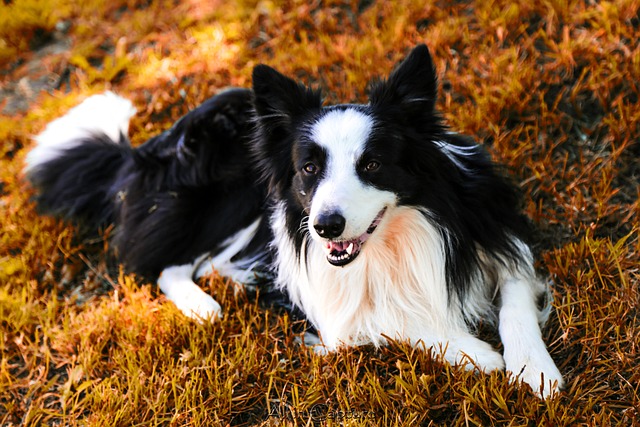
Imagine you’re in your Austin apartment kitchen, stirring a pot of chicken and rice for your 8-month-old Corgi pup—you’ve seen
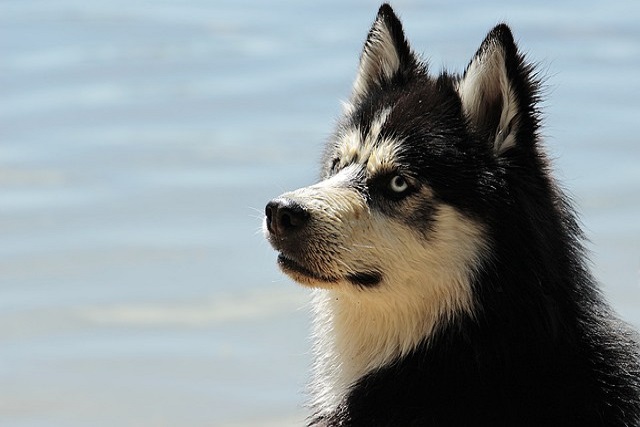
Imagine you’re in your New York City apartment, scrolling through your phone while your 9-month-old Bichon Frise curls up on the couch—suddenly
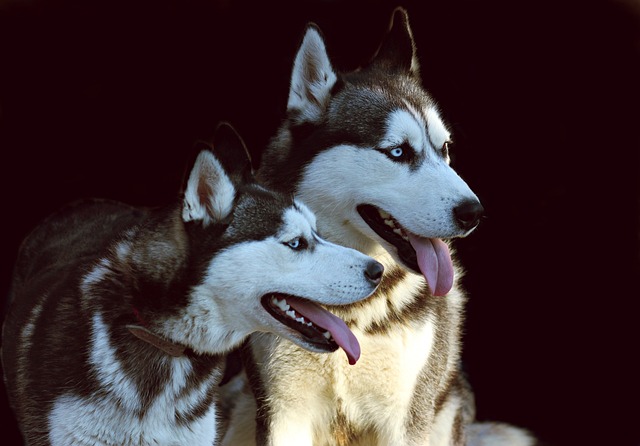
Imagine you’re in your Brooklyn apartment, folding laundry while your 8-month-old Golden Retriever pup curls up on the couch—suddenly, they shoot up
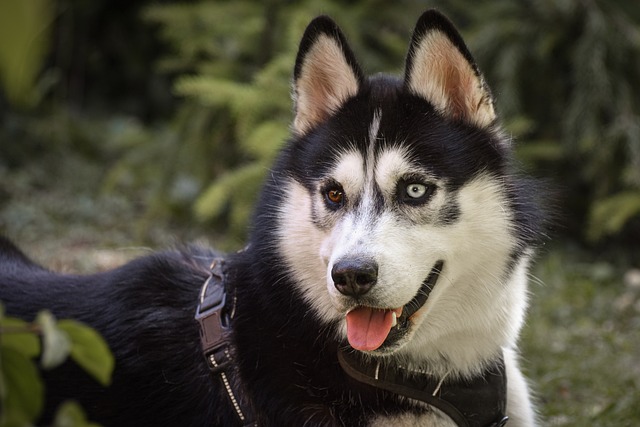
Imagine you’re in your Dallas apartment, holding a tiny chewable worm preventative in one hand and your 6-month-old Corgi pup in the other—you pause
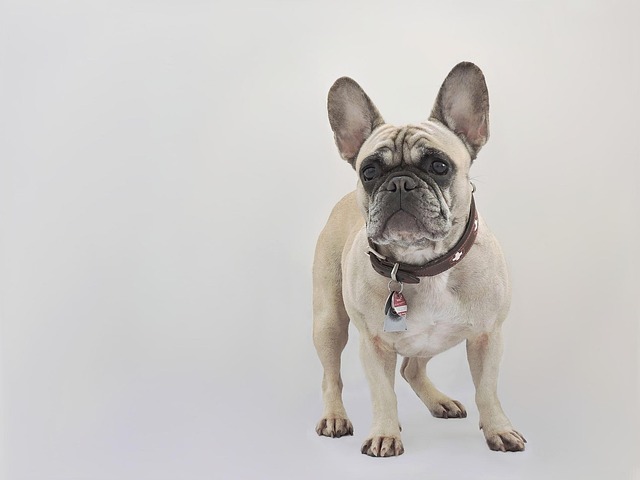
Watching your dog listlessly lie on the couch, ears drooping and tail motionless, is enough to make any pet owner’s heart race—especially if you suspect a fever.